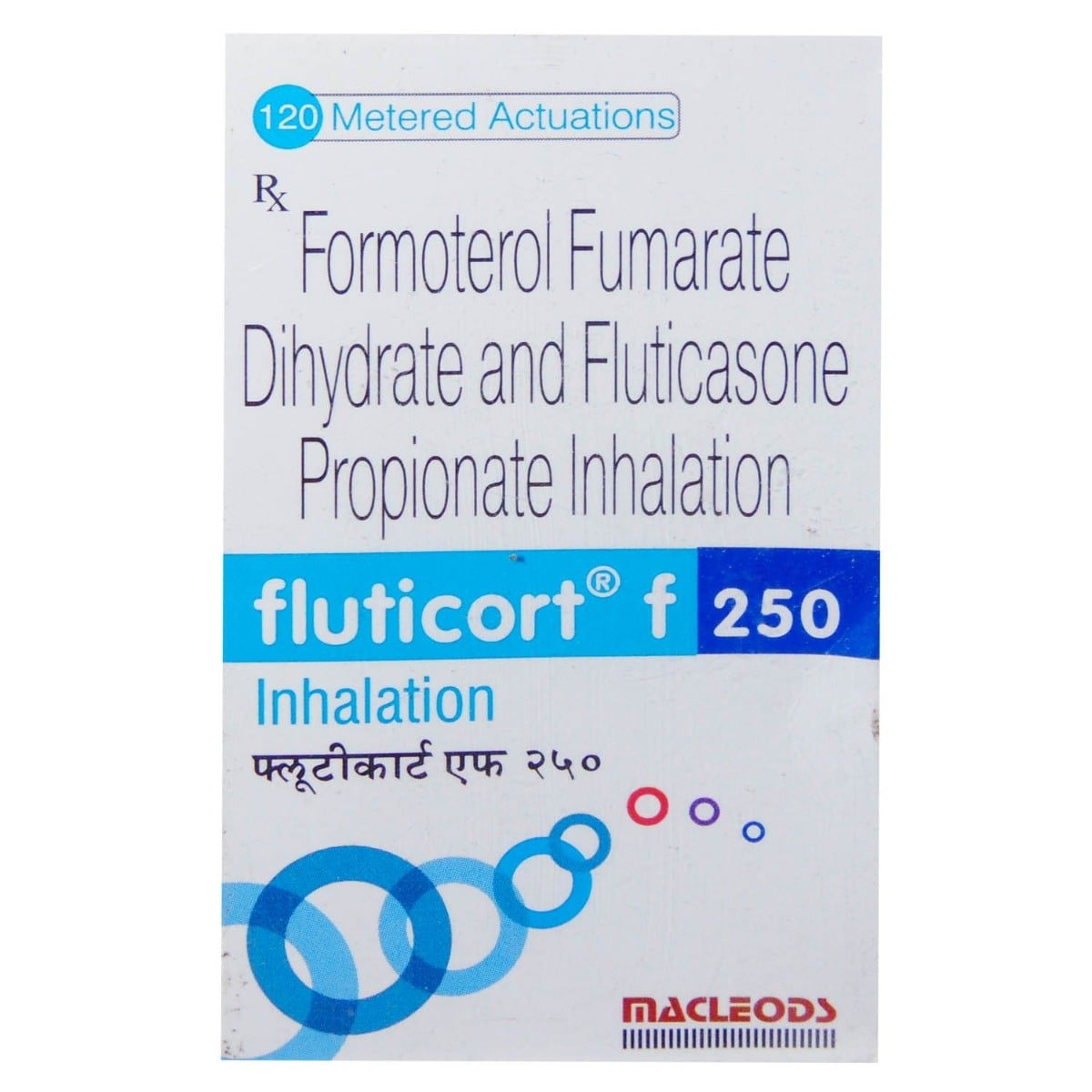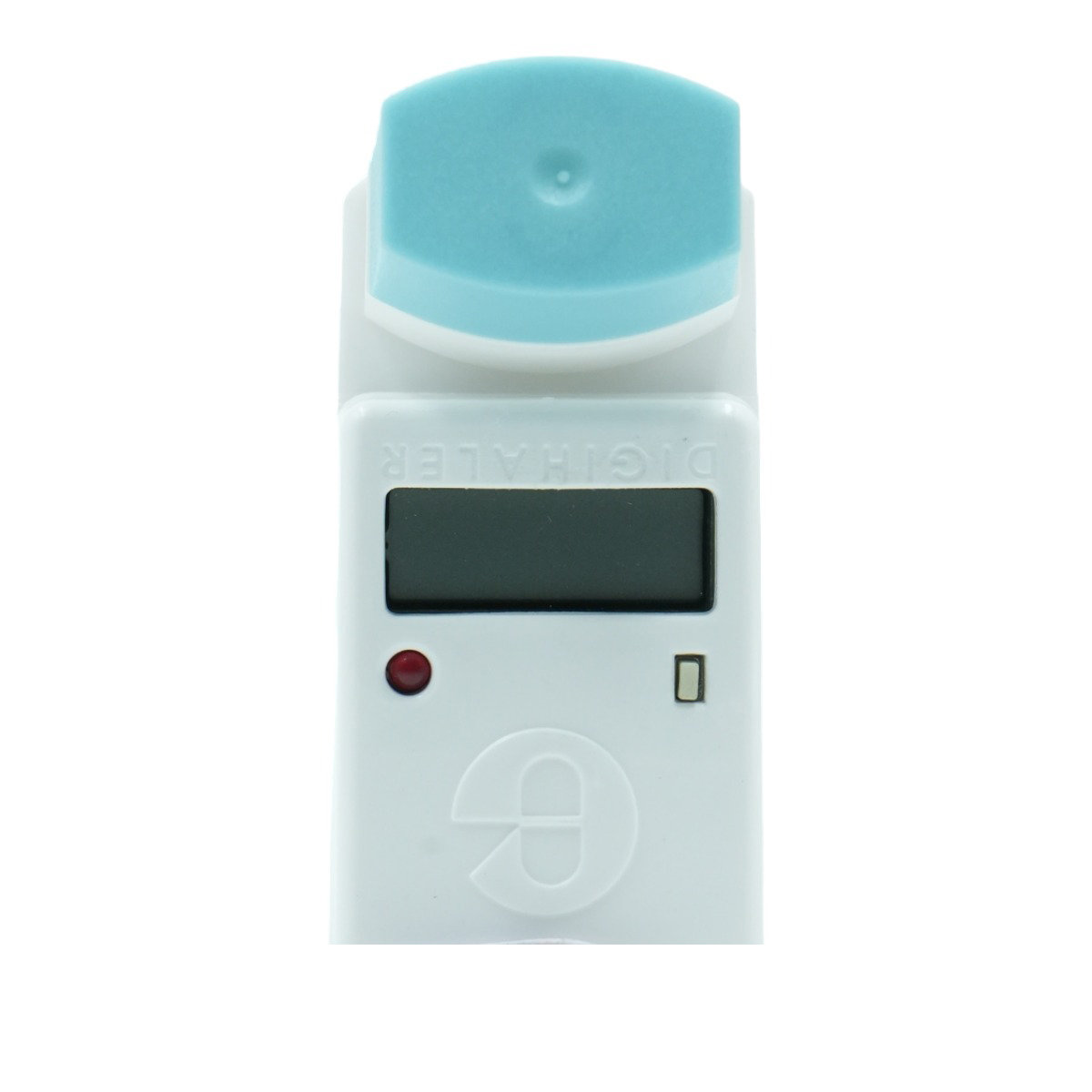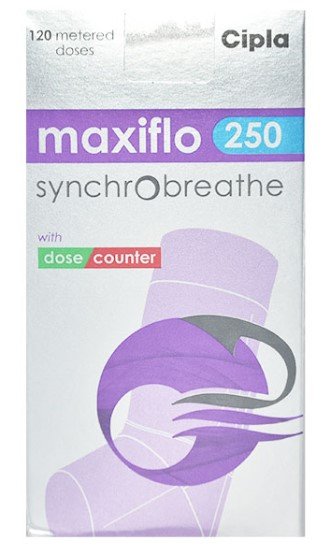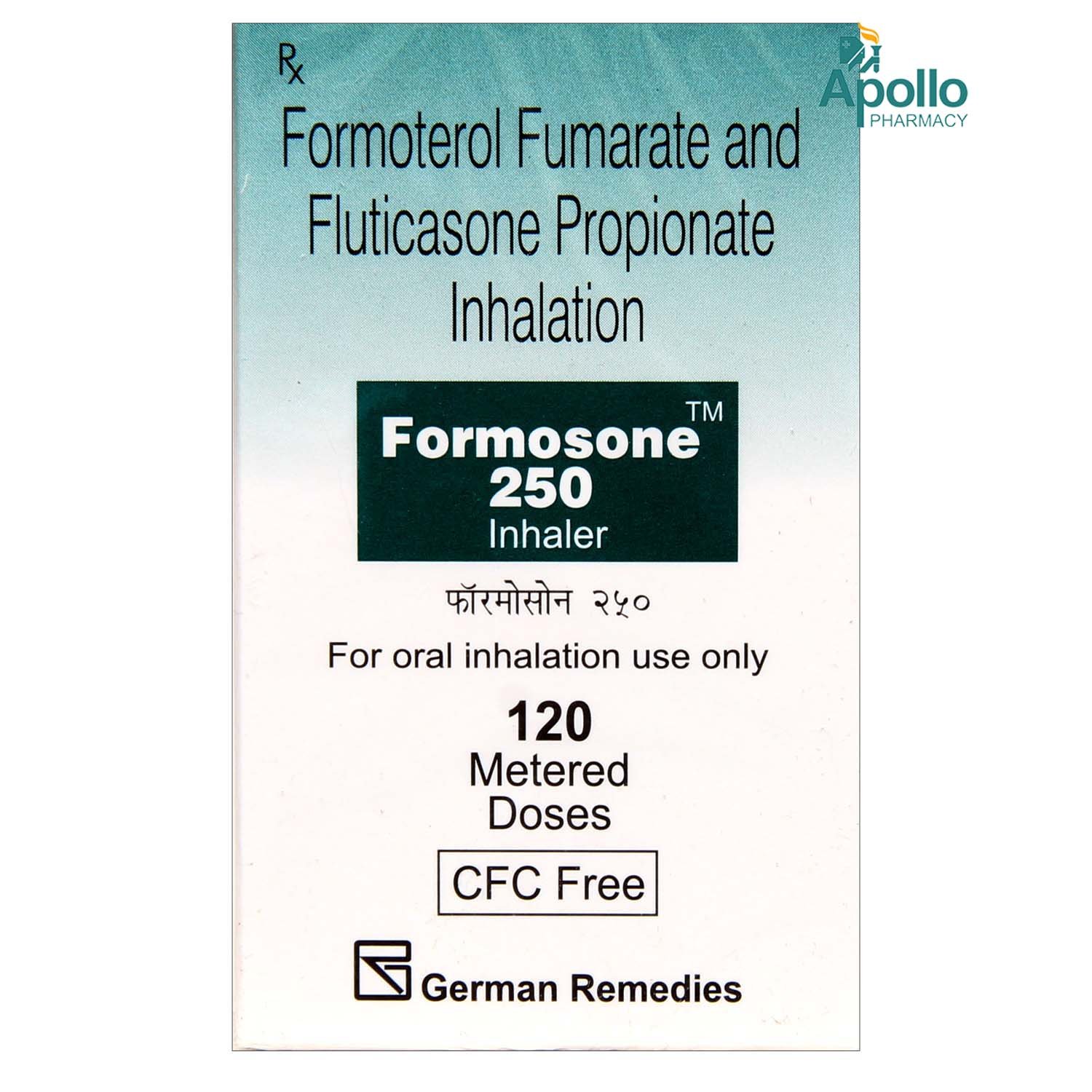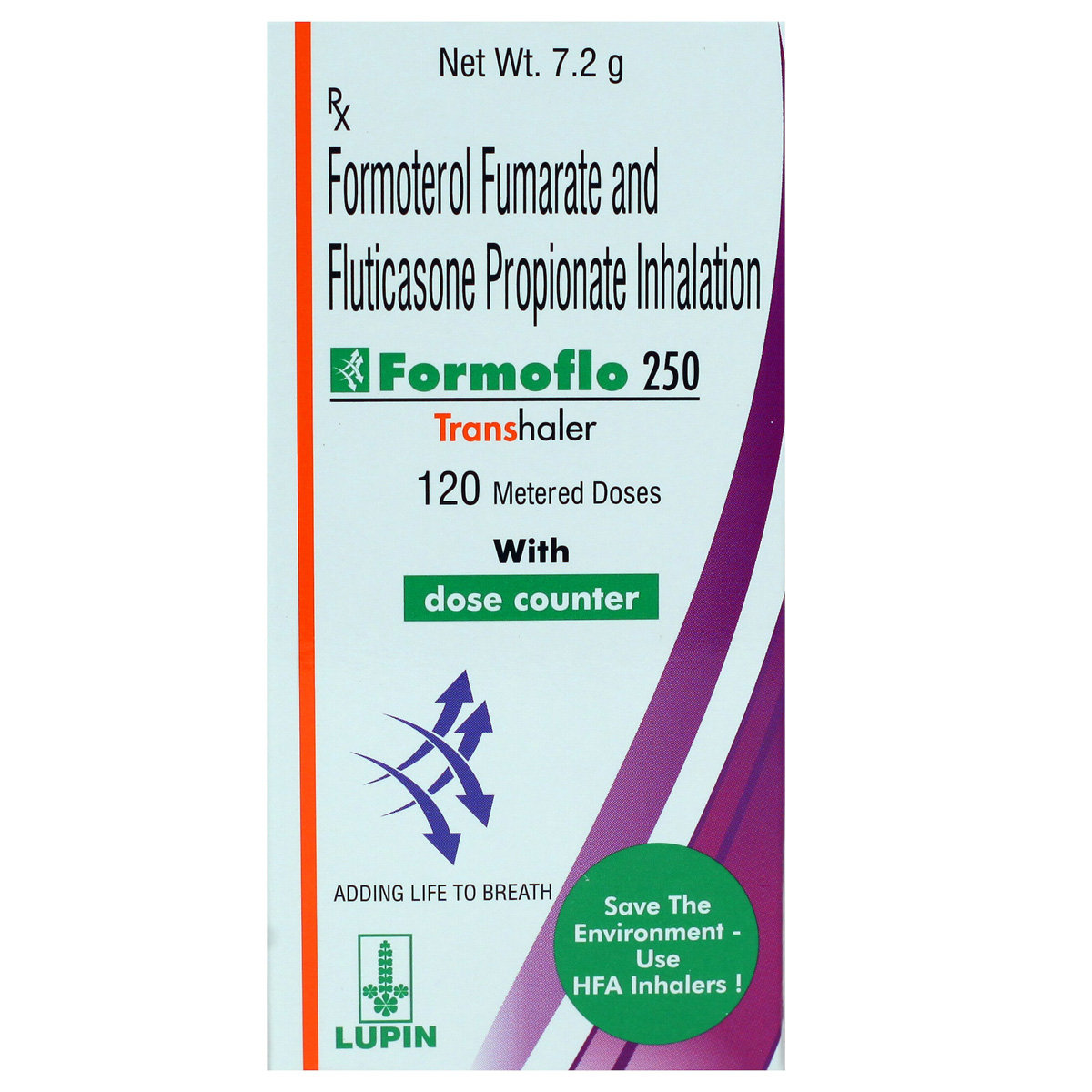Quikhale FF 250 mcg Inhalar 1's
MRP ₹129
(Inclusive of all Taxes)
₹19.4 Cashback (15%)
Extra 10% Off with Bank Offers
Provide Delivery Location
Non returnable*
COD available
Online payment accepted
 Prescription drug
Prescription drugWhats That
Composition :
FLUTICASONE-250MCG+FORMOTEROL-6MCG
Manufacturer/Marketer :
Intas Pharmaceuticals Ltd
Consume Type :
Inhalation
Expires on or after :
Return Policy :
Not Returnable
All Substitutes & Brand Comparisons
RX
Out of StockAirtec FF 250 Inhaler 150 MDI
Glenmark Pharmaceuticals Ltd
₹509
(₹3.05/ 1MDI)
214% COSTLIERRX
Out of StockCombisure 250 mcg Inhaler 120 mdi
Sun Pharmaceutical Industries Ltd
₹440
(₹3.3/ 1MDI)
240% COSTLIERRX
Formoprl-F 250 Inhaler 120 mdi
Pristine Pearl Pharma Pvt Ltd
₹745
(₹5.59/ 1MDI)
476% COSTLIER
FAQs

Have a query?
Buy Now
Add to Cart





